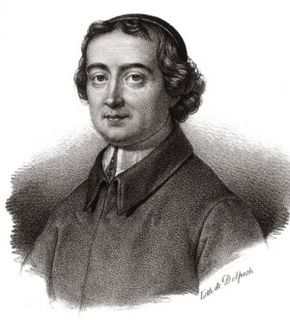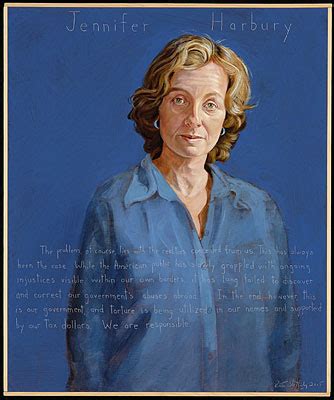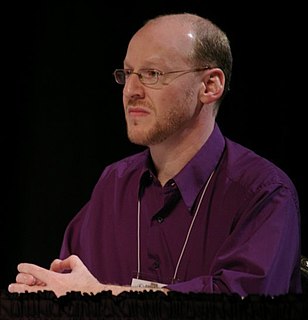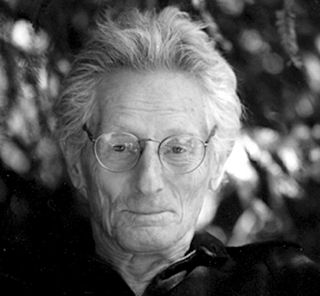A Quote by Wolfgang Amadeus Mozart
Our riches, being in our brains, die with us... Unless of course someone chops off our head, in which case, we won't need them anyway.
Related Quotes
The only things in which we can be said to have any property are our actions. Our thoughts may be bad, yet produce no poison; they may be good, yet produce no fruit. Our riches may be taken away by misfortune, our reputation by malice, our spirits by calamity, our health by disease, our friends by death. But our actions must follow us beyond the grave; with respect to them alone, we cannot say that we shall carry nothing with us when we die, neither that we shall go naked out of the world.
We don't exist unless there is someone who can see us existing, what we say has no meaning until someone can understand, while to be surrounded by friends is constantly to have our identity confirmed; their knowledge and care for us have the power to pull us from our numbness. In small comments, many of them teasing, they reveal they know our foibles and except them and so, in turn, accept that we have a place in the world.
The great have private feelings of their own, to which the interests of humanity and justice must curtsy. Their interests are so far from being the same as those of the community, that they are in direct and necessary opposition to them; their power is at the expense of OUR weakness; their riches of OUR poverty; their pride of OUR degradation; their splendour of OUR wretchedness; their tyranny of OUR servitude.
The problem, of course, lies with the realities concealed from us. This has always been the case. While the American public has slowly grappled with ongoing injustices visible within our own borders, it has long failed to discover and correct our government's abuses abroad. In the end, however, this is our government, and torture is being utilized in our names and supported by our tax dollars. We are responsible.
We are masters of our actions from the beginning up to the very end. But, in the case of our habits, we are only masters of their commencement - each particular little increase being as imperceptible as in the case of bodily infirmities. But yet our habits are voluntary, in that it was once in our power to adopt or not to adopt such or such a course of conduct.
The best idea ever thought of in the history of humanity is useless unless someone communicates it. It will die in the test tube. And in our case, what we're communicating here to people is not necessarily something they want to hear. And so, our demeanor - how we deliver this message - takes on crucial, crucial importance.
I do not believe we can truly enter into our own inner pain and wounds and open our hearts to others unless we have had an experience of God, unless we have been touched by God. We must be touched by the Father in order to experience, as the prodigal son did, that no matter how wounded we may be, we are loved. And not only are we loved, but we too are called to heal and to liberate. This healing power in us will not come from our capacities and our riches, but in and through our poverty. We are called to discover that God can bring peace, compassion and love through our wounds.
Presumably there are energies, to which each human is sensitive, that we cannot yet detect by means of our instruments. Built into our brains and our bodies are very sensitive tuneable receivers for energies that we do not yet know about in our science but that each one of us can detect under the proper circumstances and the proper state of mind. We can tune our nervous systems and bodies to receive these energies. We can also tune our brains and bodies to transmit these energies.
We need changes from the duties and the cares of our accustomed everyday life. They are necessary for healthy, normal living. We need occasionally to be away from our friends, our relatives, from the members of our immediate households. Such changes are good for us; they are good for them. We appreciate them better, they us, when we are away from them for a period, or they us.




































